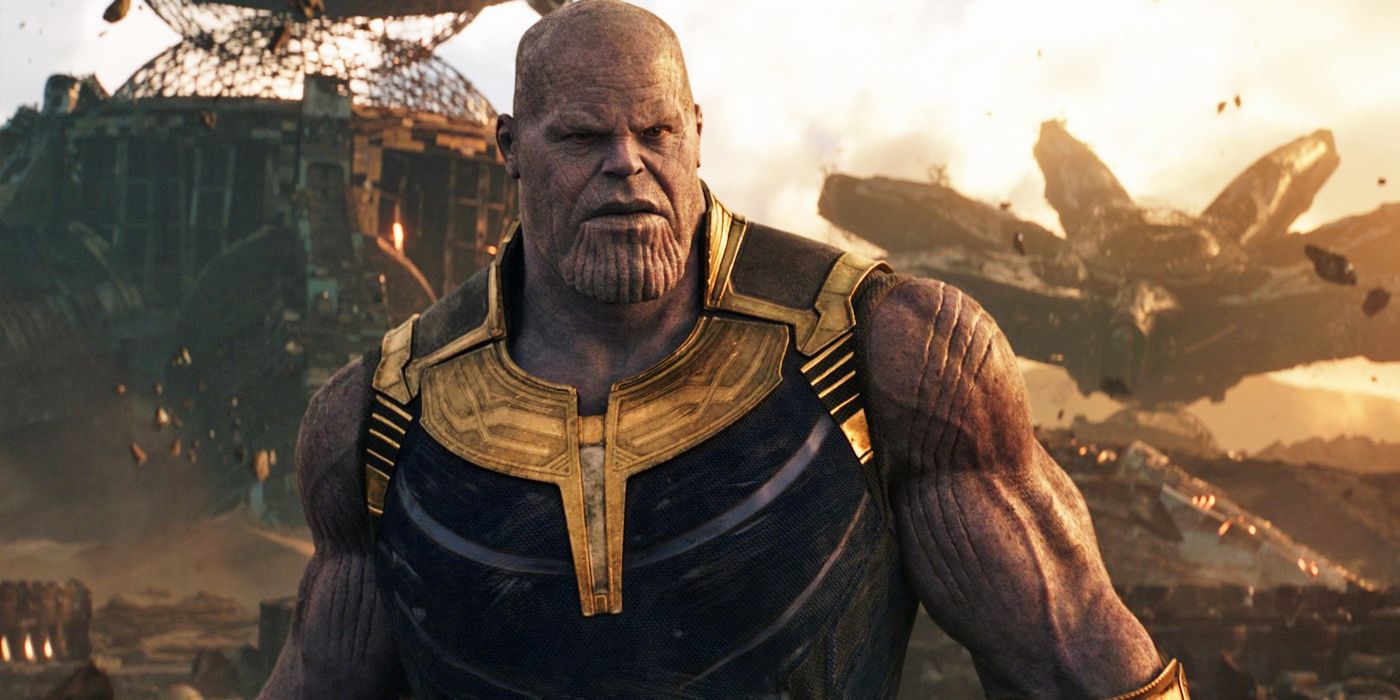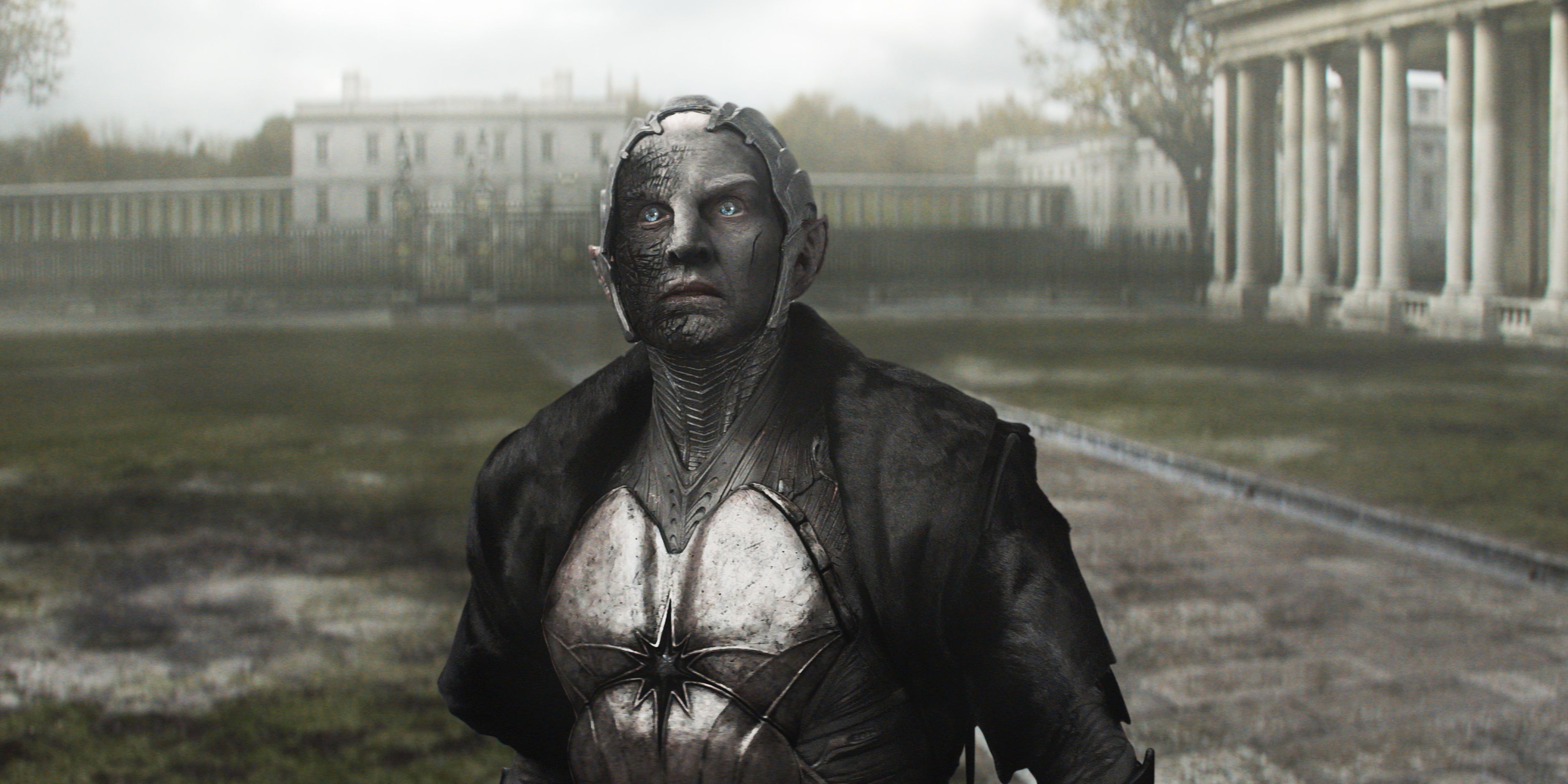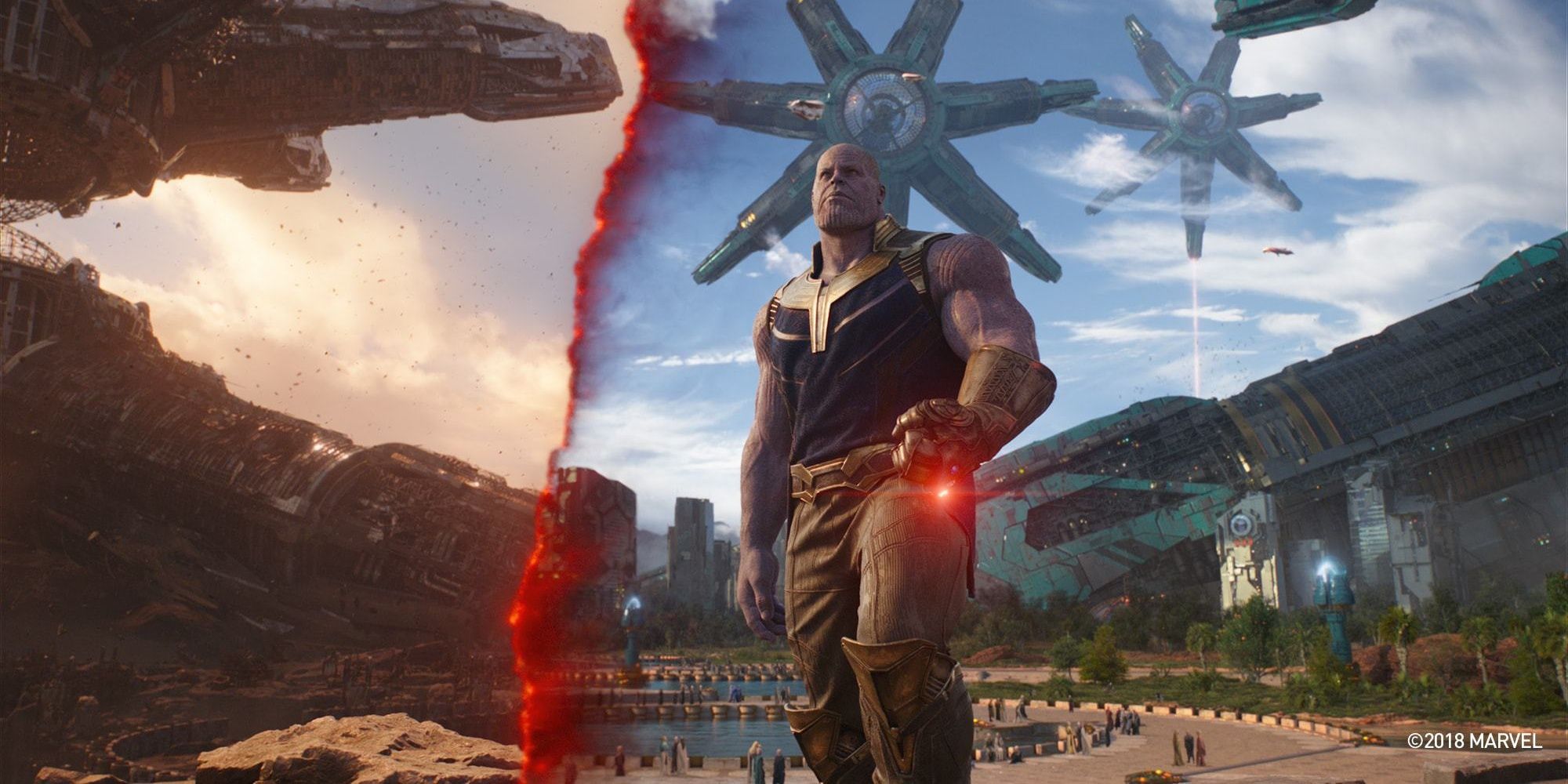Phase Three of the Marvel Cinematic Universe comes to a close with Spider-Man: Far From Home, so speculation about what may follow has set the internet aflame. Expectations are understandably high, and fans are already debating which major villain will tangle with the new crop of heroes waiting to be introduced. Marvel Studios is set to make announcements at this year’s Comic-Con International in San Diego that will likely stoke the flames of speculation, but after the decade-long story that has just wrapped, do we really need another epic villain to step into Thanos’ universe-decimating shoes?
Phase Four is already looking jam-packed with Black Widow, Eternals and Shang-Chi. Doctor Strange 2, Captain Marvel 2 and Guardians of the Galaxy Vol. 3 also may be part of the upcoming slate. With Marvel recently reacquiring the X-Men and Fantastic Four, the possibilities expand exponentially. Will, as some seem to think, we see the introduction of Doctor Doom as a villainous mastermind, or will the MCU bring a threat like Galactus to Earth?
But do we really need another villain to tie these films together? Looking back at the original Phase One films, there was little aside from the shared universe tying the films together. Until the end of Avengers, really, there was little to suggest that the films were part of a larger storyline. This forced the original films (Iron Man, Iron Man 2, Incredible Hulk, Thor, Captain America: The First Avenger) to stand on their own merits.
The Phase One movies didn't have the support of the larger story, and thus had to rely on the strength of their own narratives. It seems to us that, since we’re starting to get films and TV series that delve into the MCU's past and expand the lore, the new films of Phase Four should eschew the idea of an overarching narrative in favor of telling stories about interesting characters with interesting powers in an interesting world.
In considering this question, it’s worthwhile to have a look at the films from the last three phases. Once The Avengers set the course, two types of films started appearing in the MCU -- those that explicitly address the Infinity Stone storyline and those that do not. The first Guardians of the Galaxy film and Thor: The Dark World are both chapters in the Infinity Saga. While Guardians was critically praised, Dark World rates below the Norton Hulk on Rotten Tomatoes. The film is intrinsic to the Infinity Saga, but fails individually on a narrative level by not taking the villains it introduces nearly as seriously as it takes Thanos.
Malekith, leader of the Dark Elves, had a plan that was every bit as destructive as Thanos’, but the character was criminally underutilized in the film. When we know there’s a Thanos-sized problem percolating in the background, Malekith's threat to return the universe to darkness rings hollow. The upcoming films needs to focus on individual narratives that are not written in service of a story that may take another decade to tell. Doesn’t this belittle the action and growth of an individual film? Doesn’t it belittle the villain of the piece? We can’t really invest ourselves in the stakes of a film if we know that the main character will, at some point in the future, be fighting a villain so much more powerful than whoever they face in their own film.
In Phase Four, we need films that are linked by nothing more than their production by Marvel Studios. We know, by this point, that everything is taking place in the same shared narrative universe, that other heroes are having other adventures even as we sit and watch Shang-Chi kicking the heck out of whomever he fights. Explicitly addressing a phase-long foe in these films would essentially be saying to audiences that if they didn’t enjoy this film on its own merits then they should enjoy it in anticipation of films, and stories, that haven’t even been written yet.
It also gives writers and directors an out -- if a movie is part of the MCU, it doesn’t have to stand on its own merits. But the films that do stand on their own merits, the ones that gave very little time to the Infinity Saga in Phases One through Three, end up being some of the best films in the later phases. Captain America: The Winter Soldier takes up narrative threads about S.H.I.E.L.D. and Hydra, a story itself worthy of a huge crossover. There’s no Infinity Stones, no Thanos -- just an excellent action film with some beloved superheroes in it. Similarly, Thor: Ragnarok, the third-highest rated film in the series thus far, has virtually nothing to do with the Infinity Saga and is lauded as one of the best parts of the MCU.
A look back at the three extant phases shows us that Marvel has been good about giving us both films tied to the overarching story and those that are their own narrative. The danger now is that, in order to guarantee the longevity of the MCU, producers will demand that the overarching story be far more explicit than it was in the first three phases.
The Infinity Saga was successful because it grew slowly and organically. It didn’t involve every single film that the studio released. But that success might have sown the expectation that everything we’re about to watch has to have some significance to another huge crossover storyline. It’s important that Marvel remember that we want to see good stories, not just good parts of a story.
For that reason alone, it’s in the best interests of the MCU that we don’t have another Thanos-level villain, at least not yet. Wait for a few years, let fans, and characters, deal with the fallout of Infinity War and Endgame. Tell some smaller, more intimate stories. Each character that is being introduced, either officially or potentially, brings with them a rich history and environment. Rather than subsuming those histories and settings into a larger narrative history and setting, let’s instead see stories that build the shared universe into a richer tapestry, instead of into a formulaic series of chapters for a story that, we hope, will pay off 10 years down the line.



